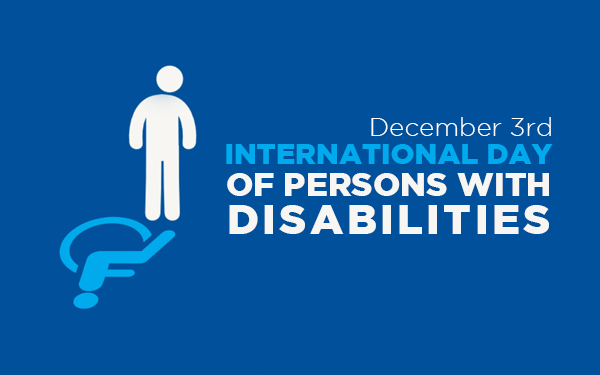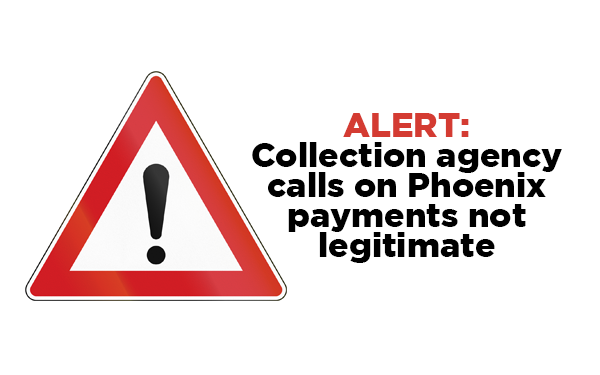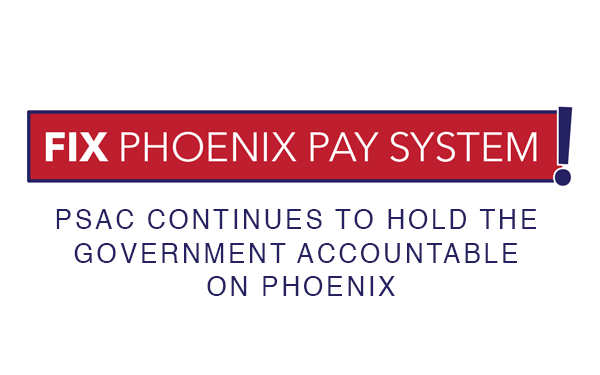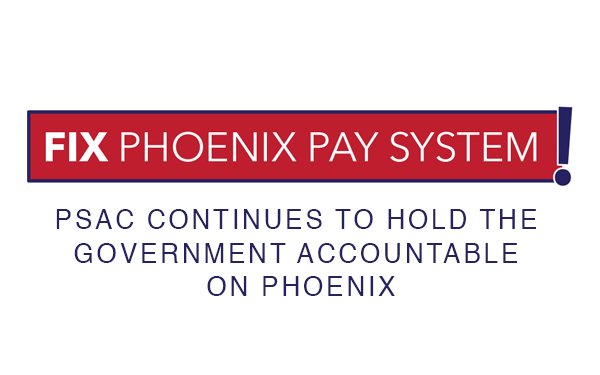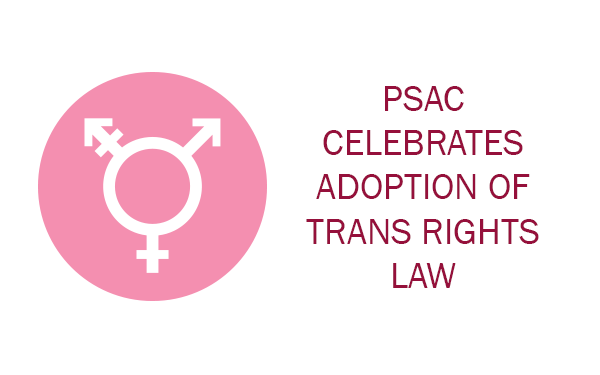
Each year, the Public Service Alliance of Canada (PSAC) and the Union of National Employees (UNE) award various scholarships. Below is a list of this year’s PSAC winners. The UNE wishes to convey its congratulations to all winners for your accomplishments, and good luck with your studies. For more information on UNE scholarships and bursaries, please visit http://en.une-sen.org/what_we_do/hea.php.
PSAC 2016 Scholarship Winners:
National Awards
Charles-Antoine Barbeau-Meunier – $4,000 AGR-PSAC
Charles-Antoine resides in Sherbrooke, Quebec and is the son of Gisèle Barbeau from Union of National Employees, Local 10021.
Maxime Robinson – $4,000 Coughlin-PSAC
Maxime is from Gatineau, Quebec and his father, Paul Robinson, is a member of the Union of National Employees, Local 70130.
Julia Gaspar – $3,000 AGR-PSAC
Julia is from Dartmouth, Nova-Scotia and her mother, Helen Gaspar, is a member of the Union of National Employees, Local 80178.
Samantha Breckenridge – $3,000 Coughlin-PSAC
Samantha resides in Prince Albert, Saskatchewan and her mother, Michelle Gola, is a member of Union of National Employees, Local 40195.
Members’ Awards
Patrick Thomson – $2,000 PSAC Members’
Patrick lives in Saskatoon, Saskatchewan. He is a member of the Union of National Employees, Local 40107.
Maude Éloïse Saulnier – $1,000 National Capital Region
Maude Éloïse is from Gatineau, Québec. She is the daughter of David Cardinal, member of the Union of National Employees, Local 70027.



